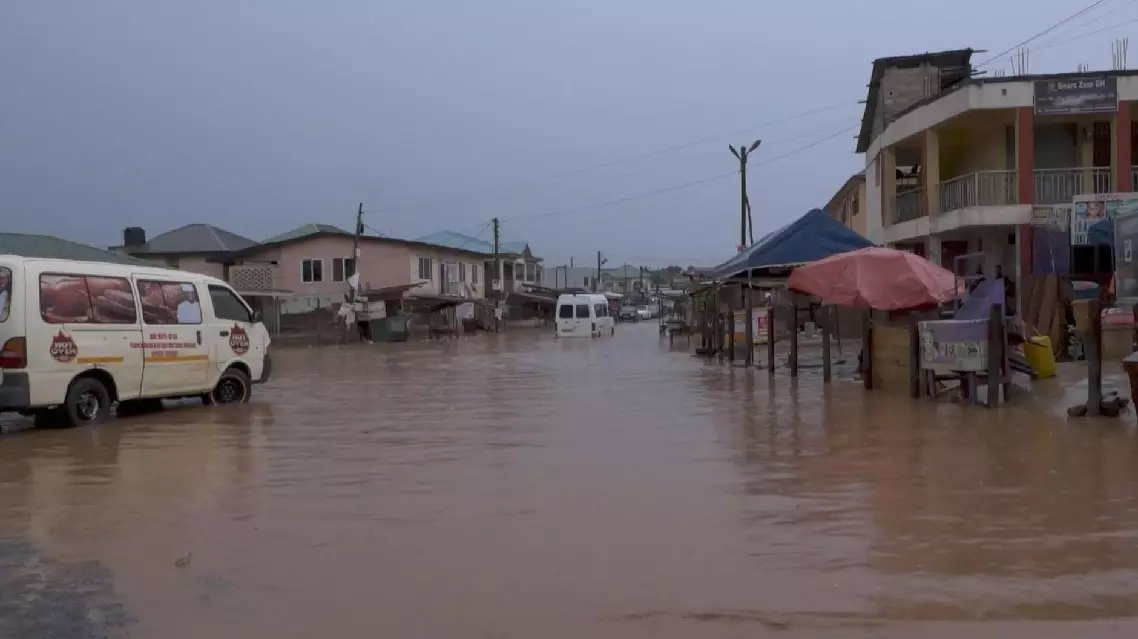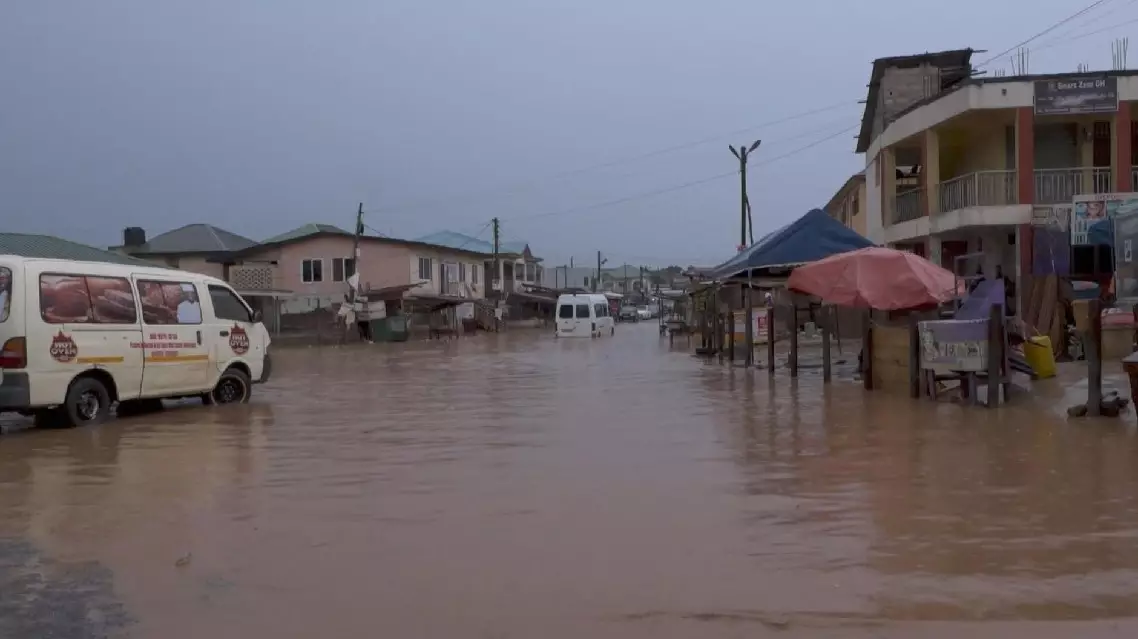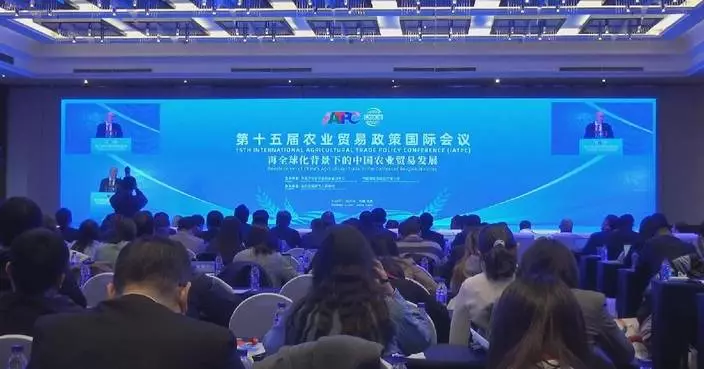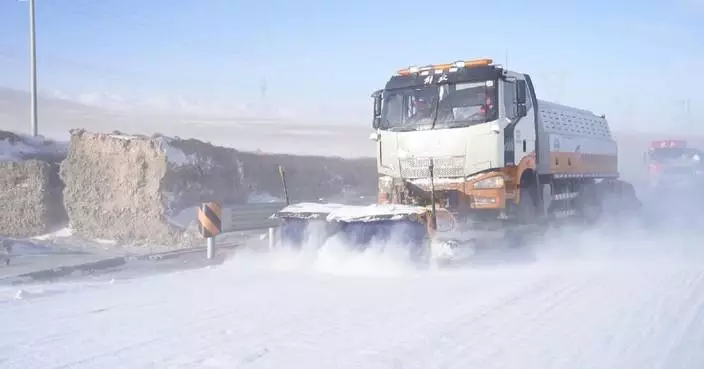The second China International Supply Chain Expo, running in Beijing from Tuesday to Saturday, has drawn widespread attention from global business leaders for its role in boosting international trade and investment cooperation, while bolstering supply chain resilience.
The expo is committed to creating a new window for promoting high level of openness, a fresh platform supporting the establishment of a new development paradigm, as well as a new vehicle for promoting the construction of an open world economy.
"Clearly, you need to have a functioning system to allow goods to go across borders, to allow investment to take place. So the interest that China has now is very much ensuring that we have a functioning, multilateral trading and investment system for the world," said John W.H. Denton AO, Secretary General of the International Chamber of Commerce.
"This is definitely a global event. China is one of the largest countries that has a lot of opportunities in the supply chain. The position is really important. So this is definitely, you see around, there's a lot of international business people in this event," said Shirley Yu, Group General Manager of Visa Greater China.
Themed "Connecting the World for a Shared Future," the expo anticipates a robust turnout as registered visitors are pouring in from over 100 countries and regions. Notably, approximately 80 esteemed overseas buyer delegations will come to the expo, far more than that at the first expo.

Global businesses praise China’s supply chain expo for fostering collaboration
Environmental groups in Ghana are sounding the alarm over the capital city Accra's vulnerability to flooding, urging the government to prioritize flood defenses and preventative measures.
Years of inadequate city planning have forced tens of thousands of residents into low-lying areas prone to flooding, a problem now magnified by the increasing frequency and intensity of rainstorms driven by climate change. These groups fear a surge in deadly diseases and other illnesses commonly associated with flood conditions.
Adiza Abdul Mumin, a resident of Adabraka, a flood-prone slum in Accra, has witnessed the devastating impact of flooding firsthand for over 15 years.
"During the rainy season, things get really bad. I barely sleep well at night because the flood fills up my room. Any time that happens, my blood pressure goes up," she said.
Accra, with a population nearing 3 million, faces severe overcrowding, forcing many to live in high-risk flood zones. Environmentalist Malik Mino Ereira of Planet Waves attributes the situation to poor urban planning and a lack of enforcement of existing regulations.
"It is because of poor planning as a result of city authorities not enforcing the laws. The second one has to do with urbanization, because people come, and they need a place to stay. So, they will clear the vegetation and get a place to stay," said Ereira.
Many homes in Accra are situated in low-lying areas, increasing their susceptibility to flooding. Ereira points to clogged drains filled with silt and plastic as a prime example of the city's inadequate infrastructure, hindering proper water flow and exacerbating flooding.
"When we build, we will create spaces where water will pass so that the flooding will not occur. And secondly, we should address the sanitation situation, so that people will not use the gutters as a conduit to dump their waste. And then those who are rich, please, if you are building create spaces for the greenery, revive the green culture so that the trees will absorb the water. Anytime you need," said Ereira.
While local authorities have undertaken temporary measures such as dredging drains and demolishing structures along waterways, these solutions are insufficient. Environmentalists argue that a complete overhaul of the city's housing is necessary, particularly with rising sea levels posing an increasing threat to coastal communities like Accra.
As authorities struggle to make Accra more flood-resilient, residents like Adiza face a difficult choice: abandon their homes or brace for increasingly challenging conditions.

Accra's poor city planning exacerbates flooding, threatening residents' health

Accra's poor city planning exacerbates flooding, threatening residents' health











